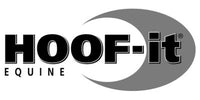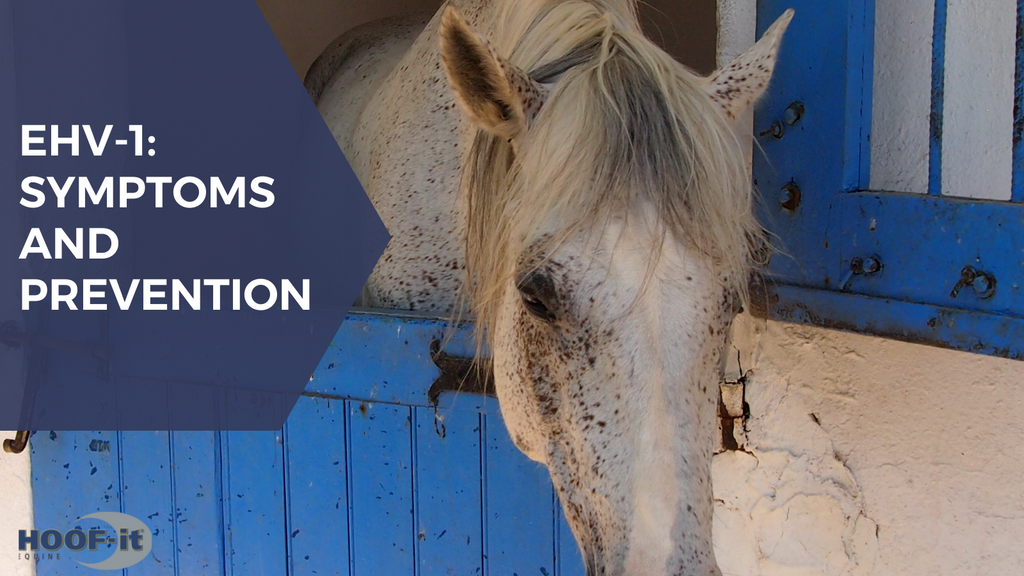EHV-1: Symptoms and Prevention
As we are currently facing a breakout of EHV-1, you may be wondering what symptoms to watch for, as well as how to keep your horse protected. Here is some information about the symptoms and prevention of EHV-1.
What is EHV-1?
Equine Herpesvirus-1 (EHV-1) is a common equine virus. It has been known to cause respiratory disease, neurological disease, and abortions. The general prognosis of EHV-1 is good, given that the horse has not contracted the neurologic form. EHV-1 is spread from nose-to-nose contact and respiratory secretions. It is also spread through contaminated tack, water/feed buckets, and shoes, as well as contaminated human hands or clothing.
EHV-1 Symptoms
Common symptoms of equine herpesvirus-1 include:
● Fever
● Nasal/eye discharge
● Lack of coordination
● Weakness in hind limbs
● General weakness
● Urinary incontinence
EHV-1 may appear very suddenly. It is important to contact your veterinarian as soon as you notice troubling symptoms or signs.
EHV-1 Prevention
The respiratory and abortion forms of EHV-1 can be successfully prevented with vaccines. Unfortunately, the neurologic form of EHV-1 is not responsive to vaccinations.
Below are some other key methods of EHV-1 prevention:
● Prevent nose-to-nose contact with other horses (especially at shows)
● Avoid community water troughs or feed areas at shows
● Segregate new arrivals to the stable for 14-21 days before integrating with other horses
● Quarantine infected horse(s) immediately in the case of a breakout
Hoof-It: Best Online Equine Hoof Care Store
Keeping your horses happy and healthy is your most important job as a horse owner. With the information and tips you’ve learned here, you’ll be well-equipped for approaching EHV-1 prevention.
For all things equine hoof care, trust in Hoof-It.
We proudly offer a wide range of products, from horseshoes and hoof stands to ice packs and farrier tools. Check out our inventory today!
For more informative equestrian blogs, check out our Blog page.

